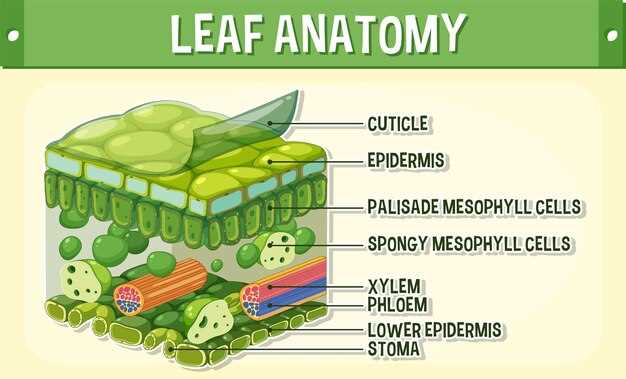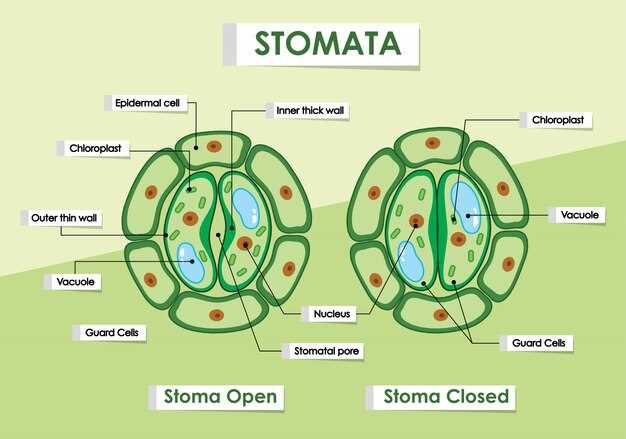
Understanding the Challenge
In the realm of cardiovascular health, the efficacy of certain medications can sometimes be hindered by biological complexities, leading to a suboptimal response. Explore the intricate web of factors that contribute to diminished effectiveness in the realm of platelet inhibitors.
Exploring Alternatives
Delve into the search for solutions beyond conventional treatments, where innovative approaches and tailored strategies aim to circumvent the hurdles encountered in traditional antiplatelet therapy.
1. Unraveling Molecular Mechanisms

- Discover the underlying genetic and biochemical intricacies that influence the body’s response to antiplatelet agents.
- Explore cutting-edge research shedding light on the interplay between cellular pathways and drug interactions.
2. Navigating Clinical Implications
- Examine real-world scenarios where resistance poses challenges in managing cardiovascular conditions.
- Learn about the clinical assessment tools and protocols aimed at identifying and addressing resistance phenomena.
- Uncover emerging trends in personalized medicine, tailoring treatment regimens to individual patient profiles for optimal outcomes.
Embark on a journey through the dynamic landscape of platelet inhibition, where the quest for overcoming resistance drives innovation and fosters new avenues for improving patient care.
About Platelet Resistance

Within the realm of cardiovascular health, there exists a formidable challenge that pertains to the efficacy of certain medications in combating platelet aggregation. This phenomenon, often discussed in medical circles, underscores the intricate interplay between therapeutic interventions and biological responses.
When addressing this complexity, it becomes apparent that a nuanced understanding of platelet behavior is essential. Rather than viewing platelets as static entities, their dynamic nature unveils a spectrum of responses to pharmacological agents, revealing a landscape shaped by factors both intrinsic and extrinsic.
Exploring the concept of platelet resistance unveils a narrative of adaptation and resilience, wherein these cellular components exhibit varying degrees of receptivity to therapeutic compounds. This phenomenon, far from being uniform, encapsulates a diverse array of mechanisms and pathways, each contributing to the overarching theme of pharmacological modulation.
Moreover, the discourse surrounding platelet resistance transcends mere pharmacodynamics, delving into realms of genetic predisposition, environmental influences, and physiological intricacies. By unraveling these layers, a more comprehensive understanding emerges, one that fosters targeted approaches in clinical management.
In essence, the exploration of platelet resistance beckons us to embark on a journey of discovery, navigating through the complexities of biological responsiveness and therapeutic efficacy. It is within this journey that opportunities for innovation and advancement in cardiovascular care lie, beckoning us to delve deeper into the realm of platelet modulation.

